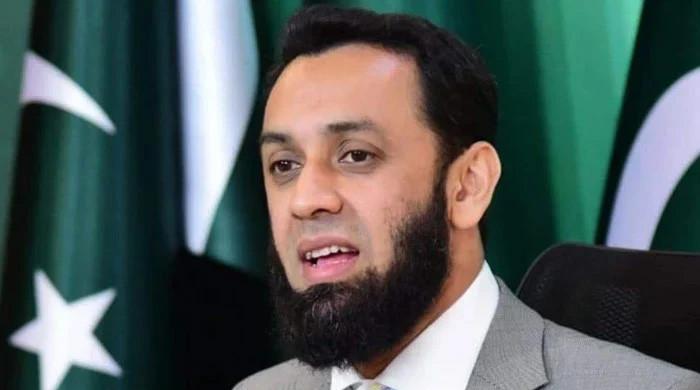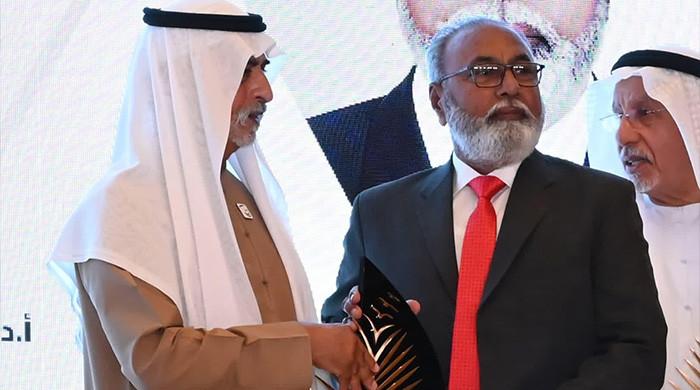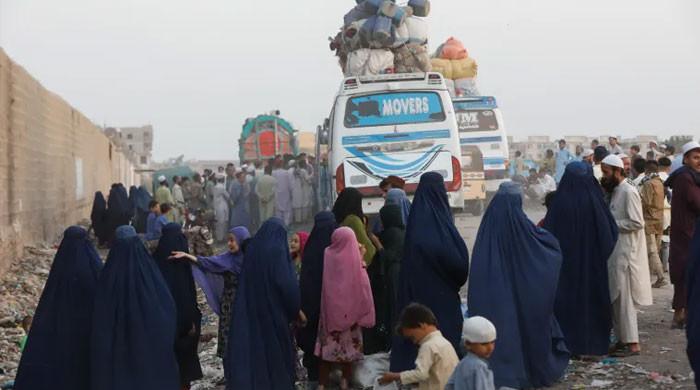Internet.org arrives in Pakistan
Facebook has partnered with Telenor to launch Internet.org in Pakistan. What does this partnership mean for mobile-internet users in the country, is it really free internet or is your freedom...
May 29, 2015
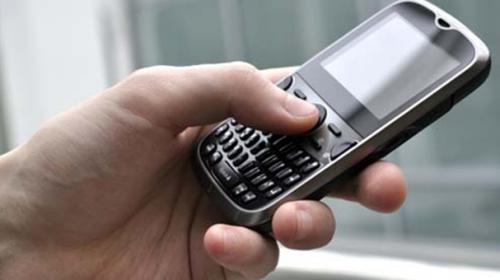
Facebook has partnered with Telenor to launch Internet.org in Pakistan. What does this partnership mean for mobile-internet users in the country, is it really free internet or is your freedom going to be regulated?
This article attempts to elaborate on the topic for those curious to understand what that means in layman terms, and why there’s some controversy surrounding this announcement.
Internet.org brings free internet to those who wouldn't normally be able to afford data charges. A post from Mark Zuckerberg announcing the launch, shows a picture of Jawed riding his rickshaw, and Ashfaq, a daily wage worker, walking with his donkey, both are talking on their cell phones. The image possibly attempts to illustrate that cell phone users who previously could not pay the additional expense of data plans, would now be able to do so for free.
Facebook has already partnered with several mobile communication companies in other developing countries such as Zambia, Bangladesh, Ghana, and India. Users of networks offered by these companies now have access to the Internet free of cost, this is also known as Zero-rating, where the content providers pay for the traffic frequenting their sites, rather than the consumer. However, access is limited to select sites.
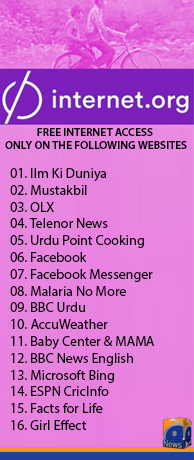
Introduction of free access to the Internet for those who cannot afford it may seem commendable, but Internet.org has been receiving wide criticism from proponents of net neutrality.
The concept of net neutrality argues that Internet providers should treat all data on the Internet as equal, without discrimination, and without favouring a particular site or user. However, Internet.org in Pakistan for example, provides access only to the 16 sites selected by Facebook, whilst users would have to pay to access all other websites and services.
This gives telecom giants and other large companies, such as Facebook, the power to eventually regulate content seen by a large portion of your population. Most consumers are likely to opt for free service rather than pay for it, hence smaller websites or companies that cannot afford to subsidize users would eventually be unable to compete.
This article does not attempt to sway the reader on either side of the net neutrality debate. The arguments for or against Internet.org are strong on both sides. On the plus side, Internet.org brings free Internet to those who would otherwise not have access to the service. This would result in more people realizing the power of the Internet and going online, hence increasing the size of the digital economy.
It should also be noted that we have witnessed the concept of Internet.org in Pakistan long before Facebook implemented it, with telecom operators such as Ufone providing their users free access to Twitter.
Free access at the expense of regulation.
The author is a tech enthusiast who runs an online group to address tech-aches.





